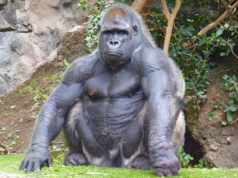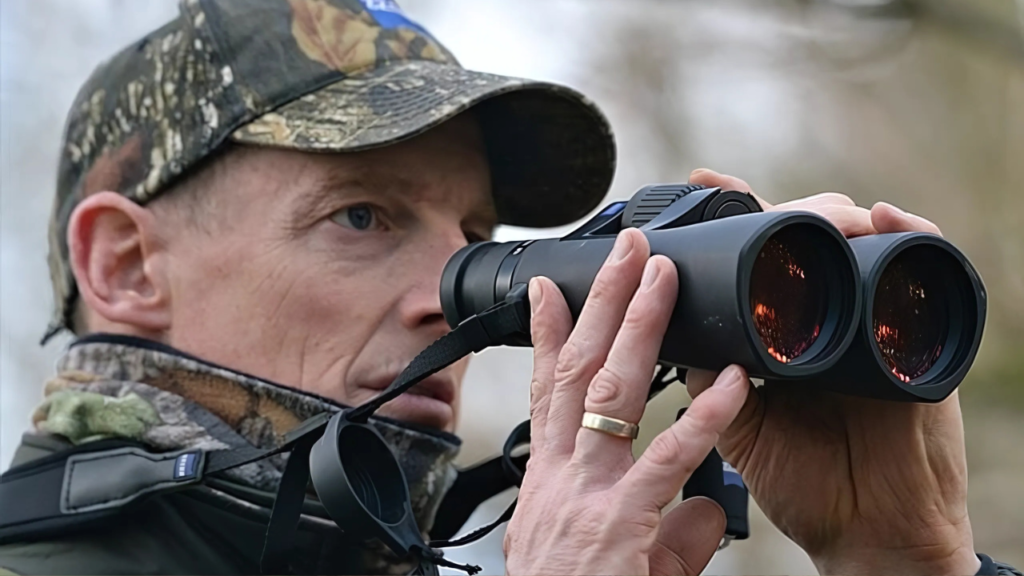
Hunting remains a popular pastime in the United States, with millions of Americans actively participating each year. While exact numbers can be challenging to determine, various surveys and research provide insights into the scale of hunting, demographic trends, and the motivations behind this enduring tradition. From bonding experiences to conservation efforts, hunting continues to be an activity that connects Americans to nature, culture, and each other.
Estimating the Number of U.S. Hunters
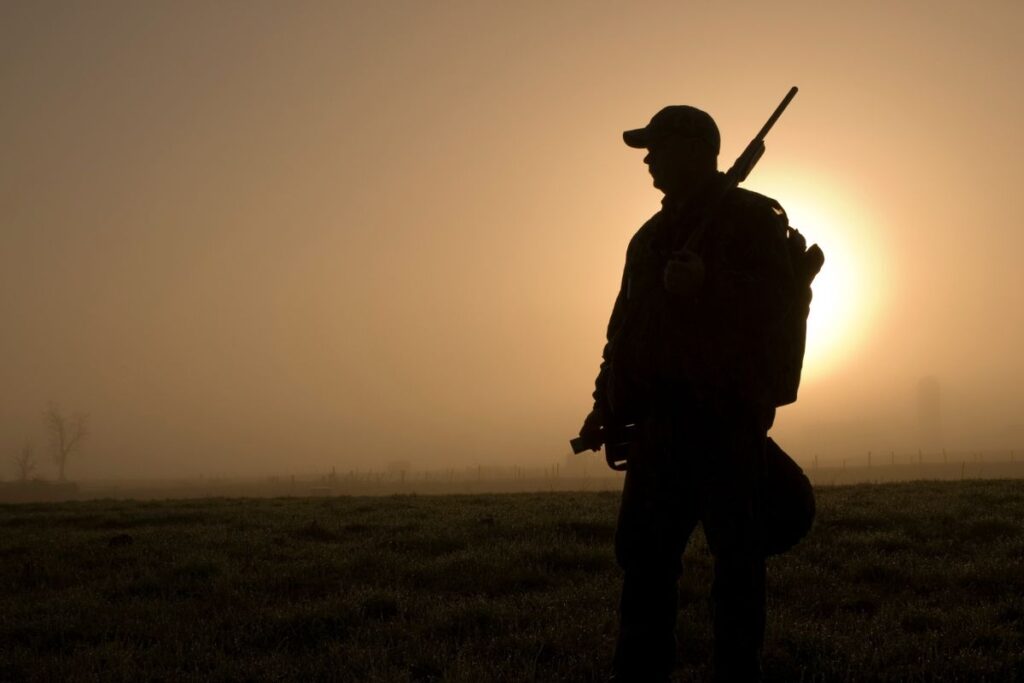
The U.S. Fish and Wildlife Service reported that 15.9 million Americans held hunting licenses in 2023, an increase from previous years. However, research from Statista suggests a broader figure, estimating that 25.87 million people went hunting in 2021. Discrepancies in these numbers arise due to varying factors, such as unlicensed hunting by landowners or residents of multiple states purchasing licenses. These variations make it difficult to pinpoint the exact number of hunters.
State Differences in Hunter Populations
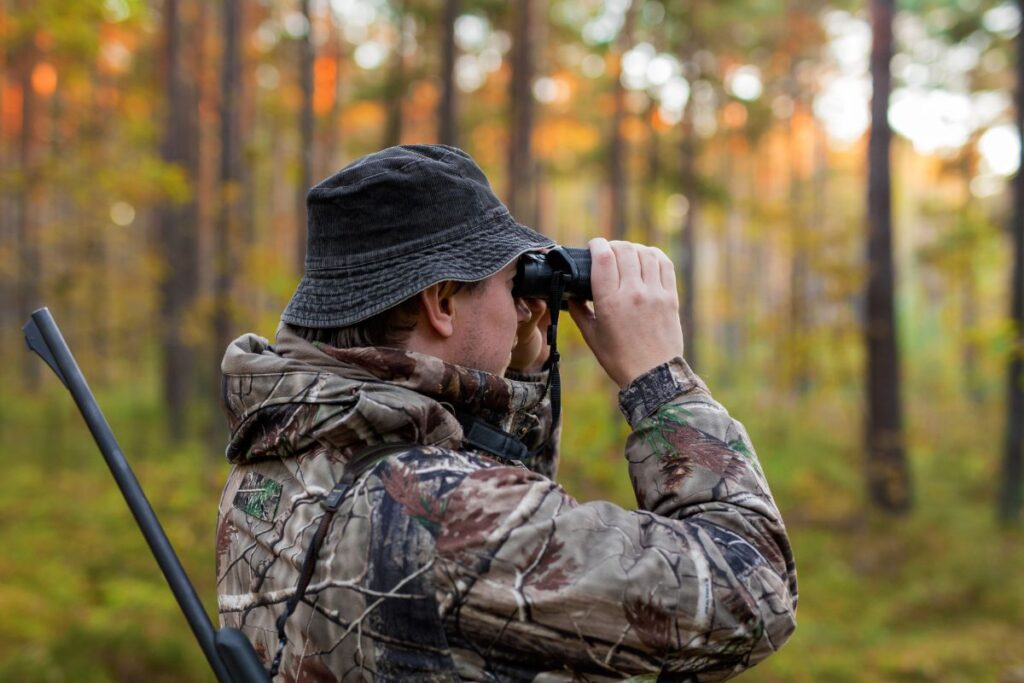
The prevalence of hunters varies widely by state. South Dakota leads with 239 hunters per 1,000 residents, reflecting its deep-rooted hunting culture. By contrast, California has one of the lowest ratios, with just seven hunters per 1,000 people. These differences often reflect regional culture and hunting-friendly policies, with states like Wyoming and Montana also showing high per capita rates. Meanwhile, urbanized areas with fewer natural hunting lands generally show lower participation.
Public Support for Hunting
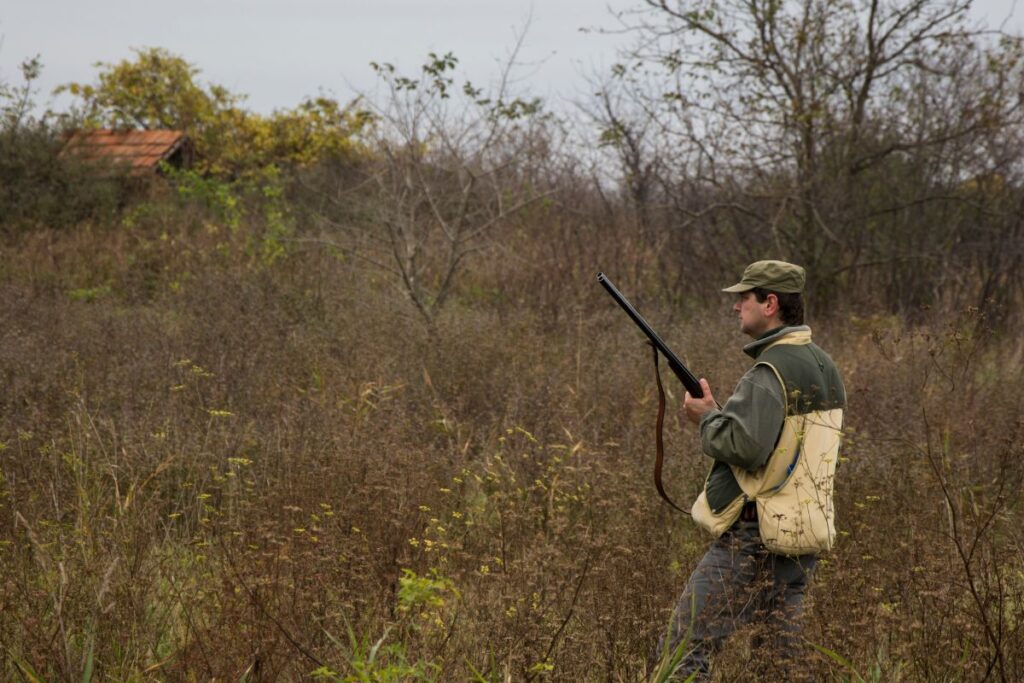
A national survey by the National Shooting Sports Foundation revealed that 80% of Americans support legal hunting, although approval varies by purpose. Hunting for food, conservation, or human protection enjoys high approval, while only 29% support trophy hunting. Regional differences also affect support, with the Midwest showing the highest approval rates at 86%. Hunting’s strong public support highlights its role in wildlife management and as a valued outdoor activity.
Why Americans Hunt

Americans cite several reasons for hunting, including nature enjoyment, family bonding, and access to affordable, healthy meat. Conservation is another important motivation, as hunting helps manage wildlife populations, benefiting ecosystems. Many hunters also view hunting as a way to connect with cultural traditions and embrace the sport’s physical and strategic challenges. For most, hunting combines these benefits, making it a multifaceted experience.
Hunting’s Place in Modern Culture
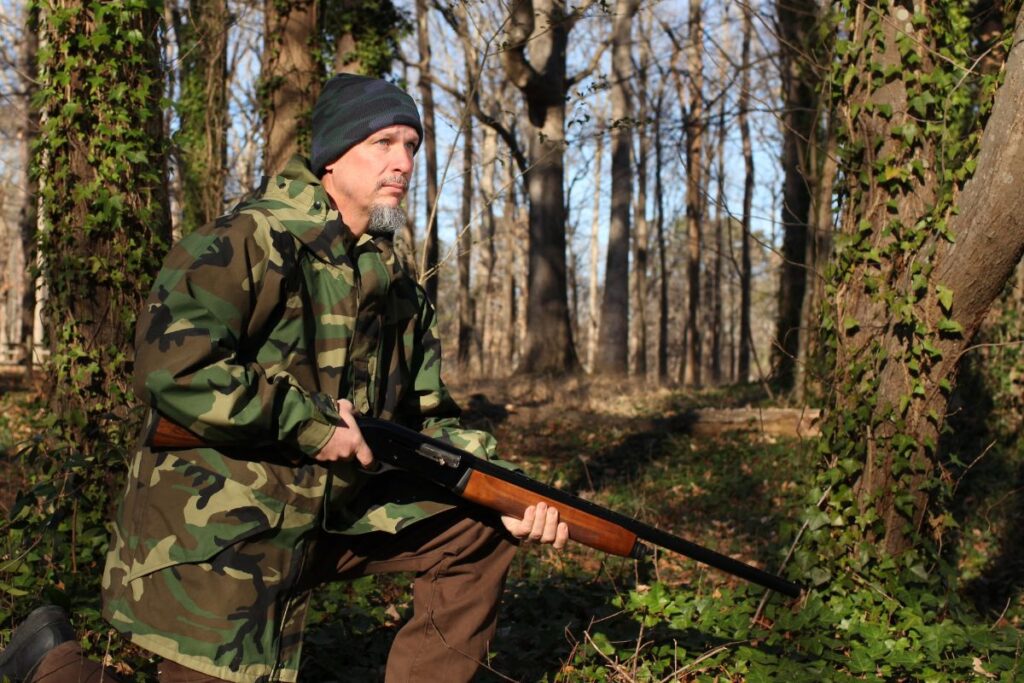
Despite minor declines in participation over the years, hunting remains a significant part of American outdoor culture. The funds generated from hunting licenses and taxes support conservation, while community-driven hunting traditions keep the sport alive. As other forms of outdoor recreation gain popularity, hunting advocates continue efforts to engage the next generation, ensuring that hunting maintains its cultural relevance in the years ahead.
Sources:
Deer Hunting Guide.net – https://www.deerhuntingguide.net/how-many-hunters-in-the-us.html
Stay connected with us for more stories like this! Follow us to get the latest updates or hit the Follow button at the top of this article, and let us know what you think by leaving your feedback below. We’d love to hear from you!


